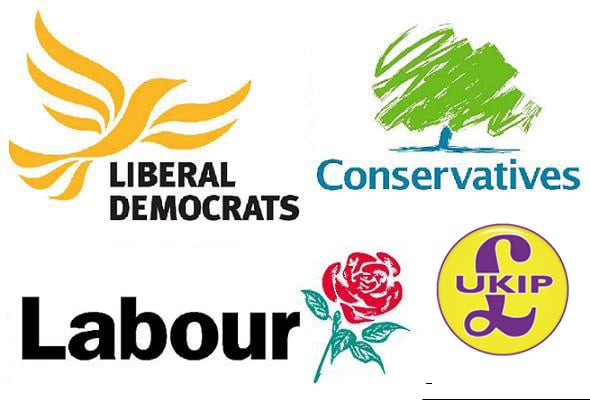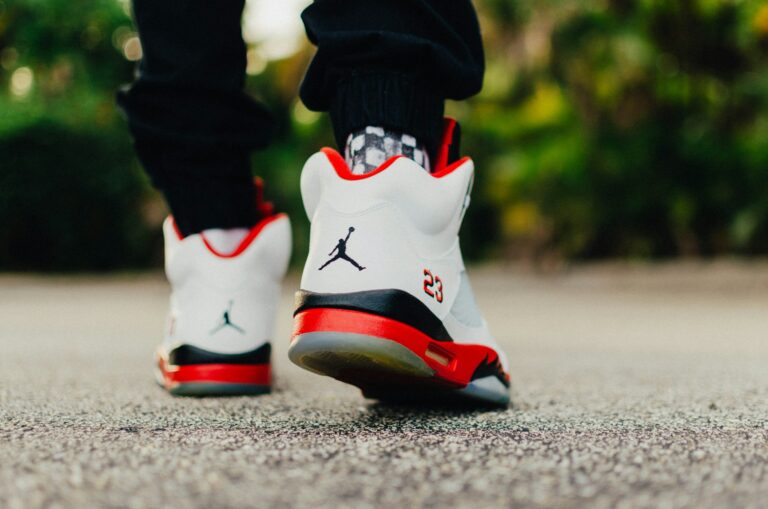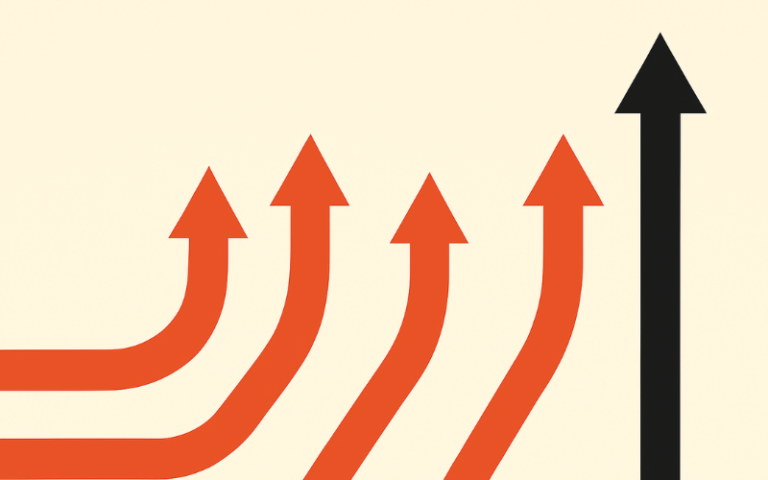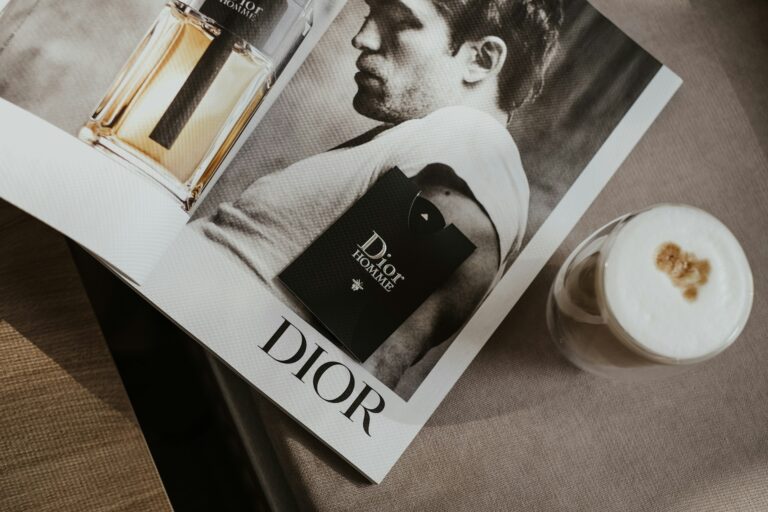Today we want to share this timely political story from Siegel+Gale‘s branding team in the UK. The election is happening next Thursday, May 7th, and this interesting analysis reflects on how Siegel+Gale perceives the brand profiles of the four major political parties in the UK.
As voter apathy grows in the United Kingdom, ballot victory will require engaging vast swathes of the population by touching hearts and minds across the socioeconomic spectrum on Election Day. As May 7th rapidly approaches, the four major parties—Conservative, Labour, Liberal Democrat and UKIP— seek to transform their platforms into leadership brands that can engage and persuade their citizens. Under the lens of branding, let’s see how they are doing.
Brand #1 – Conservatives:
Elected in 2010 after a decade of a Labour government, the Tories set out to push their electoral promise of “Securing a Better Future” and do what they do best: repairing the economy. Under the leadership of David Cameron, the Tories also focus on things like safety, security, freedom, and healthcare. All in all – Mr. Cameron and his team are playing it safe: they provide detail where they know they can win, and they don’t venture into any unknowns. This vanilla approach has worked before and can work again, as 45% of the public like clear, safe, and coherent policies. There is always room for improvement, however, as winning an outright majority will be incredibly tough for either of the majority parties this election. Thus, it may be wise for the Tories to embolden their issues- and thus their brand- in order to capture both the younger demographic and the election this May.
Brand #2 -Labour:
True to its claim to be the ‘party of many’, the Labour Party draws on a myriad of issues when branding itself. Led by Ed Miliband, the party once firmly rooted in protecting workers’ rights, hard work and social justice is now also focused on immigration, education, criminal justice, and housing, amongst other issues. Tackling these additional initiatives has lessened the priority for actual Labour issues that would seemingly fix all of the above. In pitching himself as the first Prime Minister to under-promise and over-deliver Mr. Miliband shows his ambition to restore a level of trust in politics and in a jaded and suspicious electorate. As further testament to its evolving brand, while Labour has owned the colour red for decades, the Party is utilizing magenta- a strong, vibrant and inspirational colour- for its touring minibuses seeking the women’s vote. What is today’s Labour actually focused on and what will a Labour fit for the future look like? The jury is still out.
Brand #3 -Liberal Democrat
Under the leadership of Nick Clegg, the foundations of the Liberal Democrat party are quite strong with a rich heritage attesting for its past achievements. It can be argued that its principles are universal in nature and therefore withstand the test of time. However, the neutral political stance of the party has brought the Liberal Democrats into a bland space. Fighting for the middle ground, regardless how differentiating it may be, lacks relevance and esteem. The result of all this is a dusty, tired brand that has lost all sense of momentum and speaks with a voice that lacks necessary conviction and spirit. The visual identity is no different: the party’s conspicuous yellow colour is used inconsistently, sometimes ranging from deeper orange- hinting at wisdom, protection and desire, to pale yellow- referring to deceit and cowardice. Although the party symbol of the phoenix has plenty of power and symbolism attached to it, it is often reduced to a cliché and never fully leveraged. Considering their dismal performance in the latest polls, the only relevance found for the phoenix at this point is a desperate need for a Liberal Democrat rebirth.
Brand #4 – UKIP:
UKIP’s Nigel Farage is surely approaching May’s general election with a gnawing of anticipation and dread. It will be a defining moment, UKIP will enter the politically credible mainstream in triumph or they will fall back to the eccentric fringes from where they came. UKIP brands itself by claiming some serious and fundamental ideals that are hard to argue against- democracy and freedom of speech present simple policies in an unfathomably complex and intricate world. While UKIP’s belief in populism over elitism should hypothetically engage many more of us than the Oxbridge cabal that currently runs government, the course to a successful election is far from certain. For UKIP’s grand ideals cannot mask the central negativity of their brand and message. Yet fear has long been the cornerstone of political marketing and the gloomy vision UKIP conjures taps into a primal human impulse to defend what’s our own. They are simplistic, not simple; seek not to improve, but to isolate; look backwards and not forwards. In a UKIP democracy, not all are equal and issues are met with slogans, rather than solutions. In brand terms, they are the Ryanair of politics.
Author: Philip Davies, Siegel+Gale President, EMEA





![150505_Banner_Cons_600x150[1]](https://cdn.thebrandingjournal.com/wp-content/uploads/2015/05/150505_Banner_Cons_600x1501.jpg)
![150505_Banner_Labour_600x150[1]](https://cdn.thebrandingjournal.com/wp-content/uploads/2015/05/150505_Banner_Labour_600x1501.jpg)
![Banner_LibDems_600x150[1]](https://cdn.thebrandingjournal.com/wp-content/uploads/2015/05/Banner_LibDems_600x1501.jpg)

![Banner_Ukip_600x150[1]](https://cdn.thebrandingjournal.com/wp-content/uploads/2015/05/Banner_Ukip_600x1501.jpg)



